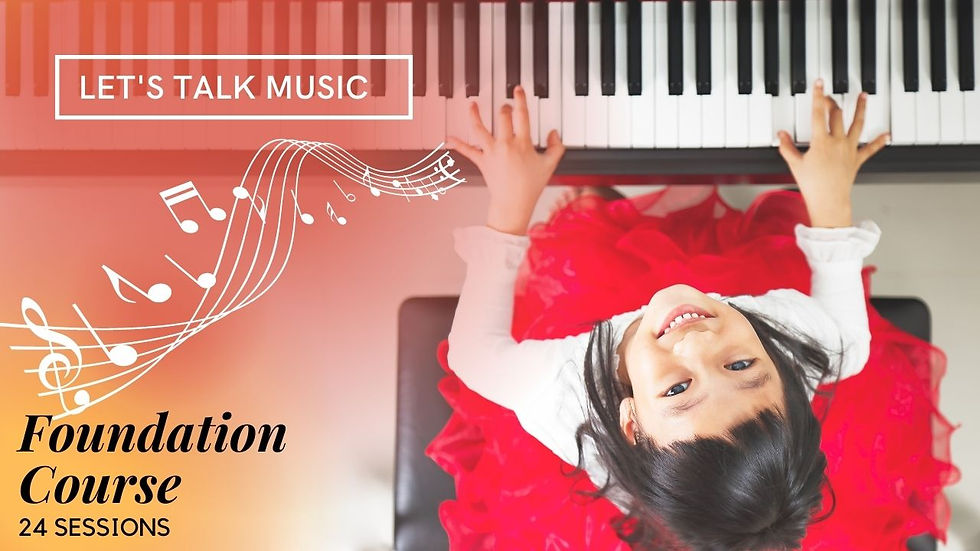'We all know that music theory analyzes the structure of music, timing and pitch. It uses mathematics to study elements of music such as tempo, chord progression, form and meter. '- wiki
From the complex sound of Mozart or the catchy tune of the Beatles, music and math is said to overlap in many different ways. The relationship between music and math goes back to the origins of civilization. Plato, Confucius, Pythagoras all have shown some connection between music and math. This is because we need numbers and patterns to understand the structure of music. Whether musical training enhances mathematical ability or vice versa, it is still unclear. In fact, research has contributed to the fact that suggests maybe the link could be a need for high-level cognitive-processing skills that are required for both. To date, a few studies indicate a link between the two but it has not yet been established whether this is a causal link or whether these skills develop side by side. Some stories relate how Einstein used to sit and play music whenever he could not figure out a math problem.
Where does Math and music meet in the brain?
Research shows that music activates the same areas of the brain required for solving spatial-temporal reasoning problems. Certain types of frequencies of sound are processed by the two hemispheres of the brain differently. Some specific sounds and music may stimulate one hemisphere more than the other, thus creating a balance in the brain. It is because of this reason, it is said that listening to music could improve cognition and the ability to learn math skills in a student. In fact in 2012, a study conducted showed that listening to music during a math test could improve performance by 40%.
The Mozart Effect
In 1993, Rauscher, made a surprising claim that stated after listening to Mozart's sonata for two pianos for ten minutes, some subjects showed significant improvement in spatial reasoning skills. However, these results proved controversial. Some experts were unable to reproduce similar findings.
More recent findings however, state that the Mozart Effect has very little to do with listening to Mozart, but has more to do with listening to music that activates certain areas of the brain.
How does math help us with music?
a) Reading music is related to math
Numbers give us information about a piece of music. The way music is divided is similar to mathematical divisions of time. Without the boundaries of rhythmic structure- pulse repetition, phrase, duration and accent - music would not be possible. Each piece of music has a time signature that gives us information about the rhythms of that piece. It tells how many beats are there in each measure of music. A time signature is said to be like a fraction, with one number on top and the other at the bottom. All notes and rests in music seem to have numerical connections. It is important for musicians to understand these connections in order to read music accurately.
b) Math and the frequency of sound
Historically, Pythagoras, the Greek philosopher and mathematician, said that different sounds are made up of different vibrations and weights. His central doctrine was that 'all nature consists of harmony arising out of numbers'. This is what led to the discovery that the pitch of a vibrating string, like on a piano, guitar or violin can be controlled by its length. The longer the string, the lower the pitch and the shorter the string, the higher the pitch. Even in the time of Plato, harmony was a part of the fundamental branch of physics, which is today known as musical acoustics.
c) Patterns
The closest connection between music and math is that they both use patterns. Music has certain parts of the song that are repeated and in math; patterns are used to predict the unknown. Mathematics is a study of patterns and in music you study everything from various mathematical perspectives. Studies have shown that some pieces of music are popular among musicians due to their mathematical structure. Eg, Pachelbel's Canon in D, Sonata, Aria, Cantata etc.,
Music affects how we study and think
A research conducted by Dr Frances Rauscher, says that children who receive instructions on musical instruments score much higher on tasks that require hand-eye coordination, arithmetic and spatial-temporal cognition. This is because of the overlap between music and math. The math concepts necessary in understanding decimals, fractions and percentage are important for understanding rhythm. A musician is required to divide beats into its right measures in order to correctly interpret rhythmic notation. The work required to practice, the discipline it takes to pay attention to small details while learning an instrument are perfect for building strong math skills.
Research also proves that children who learn academics through music retain knowledge better than the others. When you put facts or figures in a song, it is easier to remember. It is said that playing music in the background while studying can also improve focus and concentration.
Conclusion
Learning music can have numerous benefits. Although the studies from research are not conclusive on the math and music connection, there is definitely a strong link between the two. We at Learner Circle have a great music course for your children. Do not worry about whether your child likes math or not, a love for music should be sufficient to start this learning journey. Please do not hesitate to contact us for any clarifications.




.png)
Comentarios